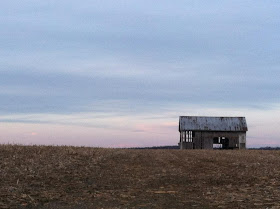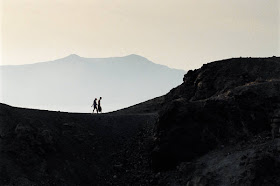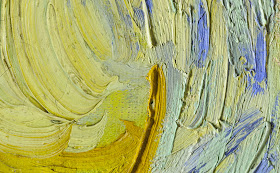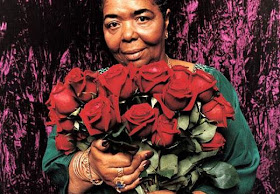
On New Year's Eve I'm wrapped
in my habits, looking up to the TV
to see the red ball, the apple,
rise or fall, I forget which:
a poem on the cherry-wood table, a fire,
a blizzard, some whiskey, three
restless cats, and two sleeping dogs,
at home and making three gallons
of menudo for the revelers who'll
need it come tomorrow after amateur night:
about ten pounds of tripe, ancho,
molida, serrano, and chipotle pepper, cumin,
coriander, a few calves' or piglets' feet.
I don't wonder what is becoming
to the man already becoming.
- Jim Harrison, from "The Theory & Practice of Rivers"
















































